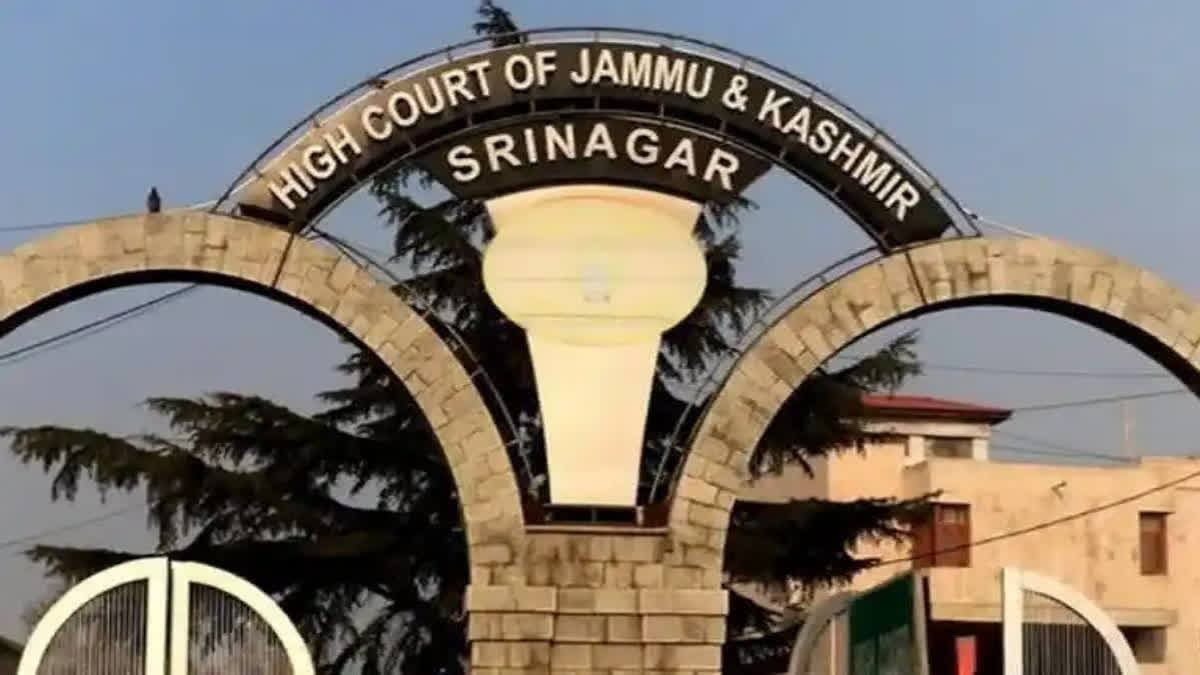Srinagar: The High Court of Jammu & Kashmir and Ladakh has ruled that a "domestic relationship" under the Domestic Violence Act (DV Act) can be established through previous cohabitation, and ongoing cohabitation is not necessary for such a relationship to be recognized.
Justice Sanjay Dhar, presiding over the case recently, affirmed that a domestic violence complaint filed under Section 12 of the Protection of Women from Domestic Violence Act by Irfana (respondent) against her husband, Abdul Qayoom Mugloo (petitioner), is maintainable.
In the case, Irfana alleged that Mugloo subjected her and their two daughters to physical, economic, and emotional abuse after their marriage, which was briefly dissolved and later resumed in 2011. She also claimed that Mugloo mistreated them and pressured her to transfer property into his name, ultimately abandoning them.
The trial court had initially directed Mugloo to provide interim financial compensation to Irfana and her daughters. This order was later modified to compensate only Irfana, as the daughters were found to be adults. Mugloo contested the decision, arguing that the case was invalid since he no longer lived with Irfana and claimed the proceedings were a tactic to pressure him into withdrawing a separate civil suit.
However, the High Court found that the definition of "domestic relationship" under the DV Act encompasses both current and past cohabitation. The court concluded that despite their current separation, the previous shared household relationship was sufficient to maintain the domestic violence case. It upheld the appellate court’s decision, affirming that allegations of cruelty and domestic violence should be examined in trial. The court dismissed Mugloo's petition, finding no merit in his challenge.
Read More



